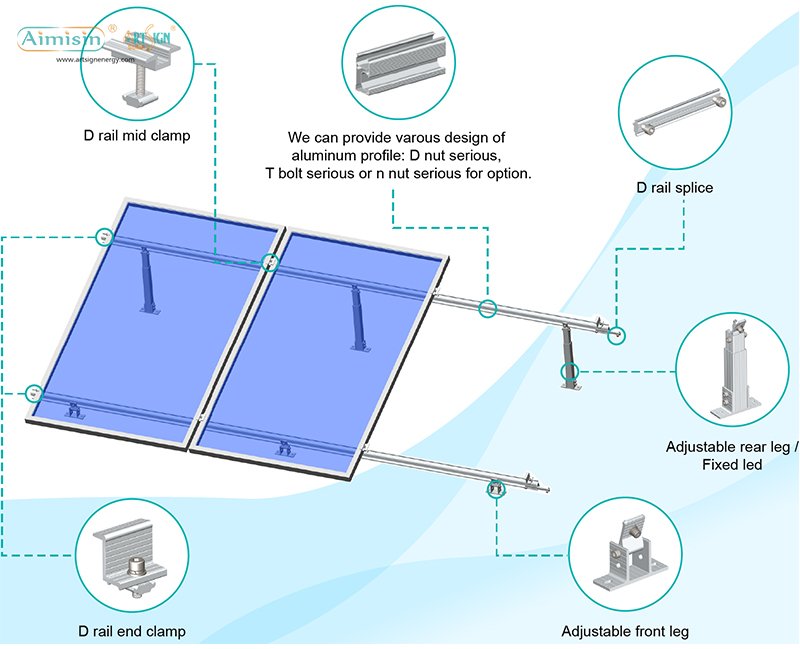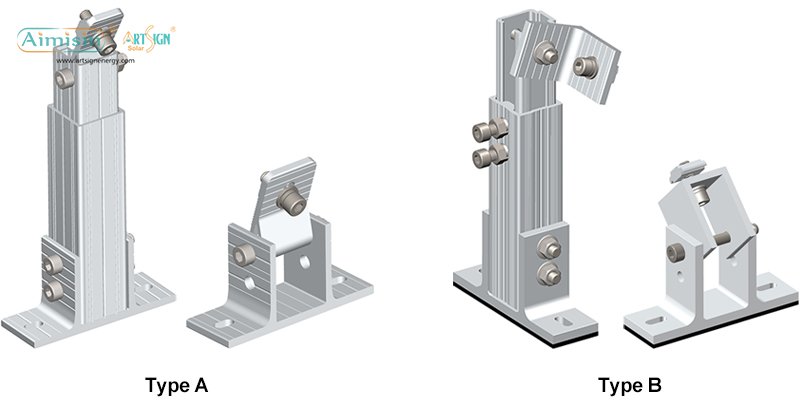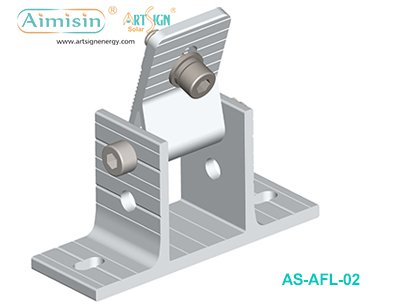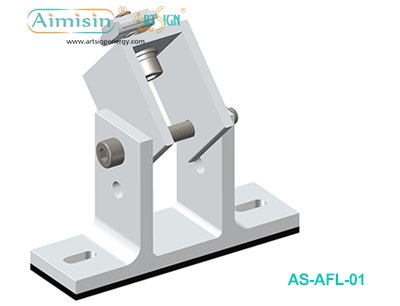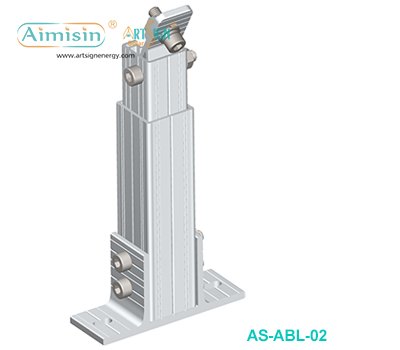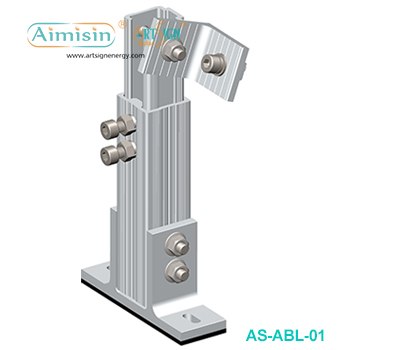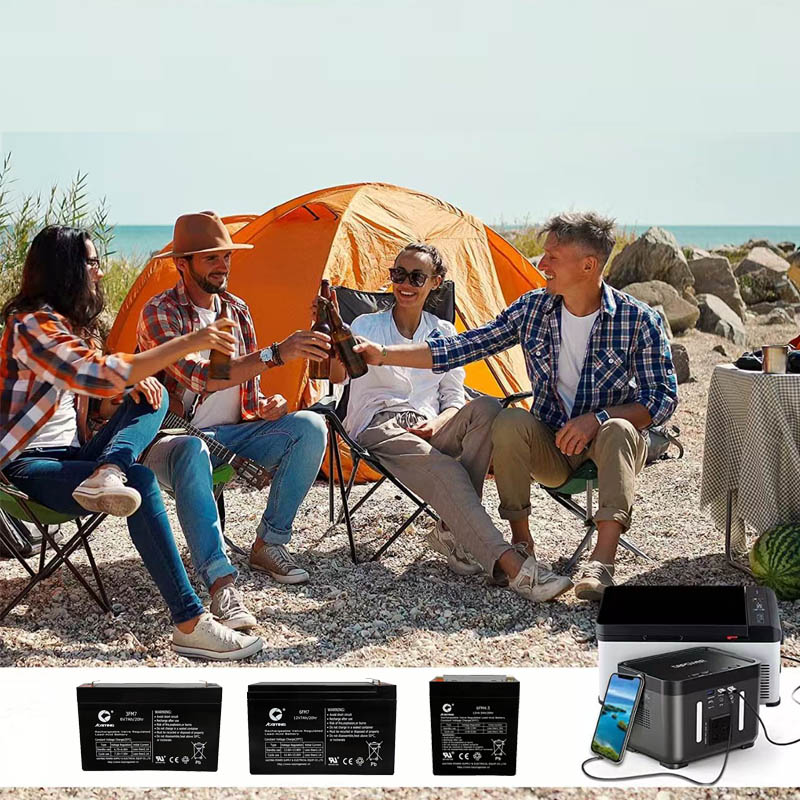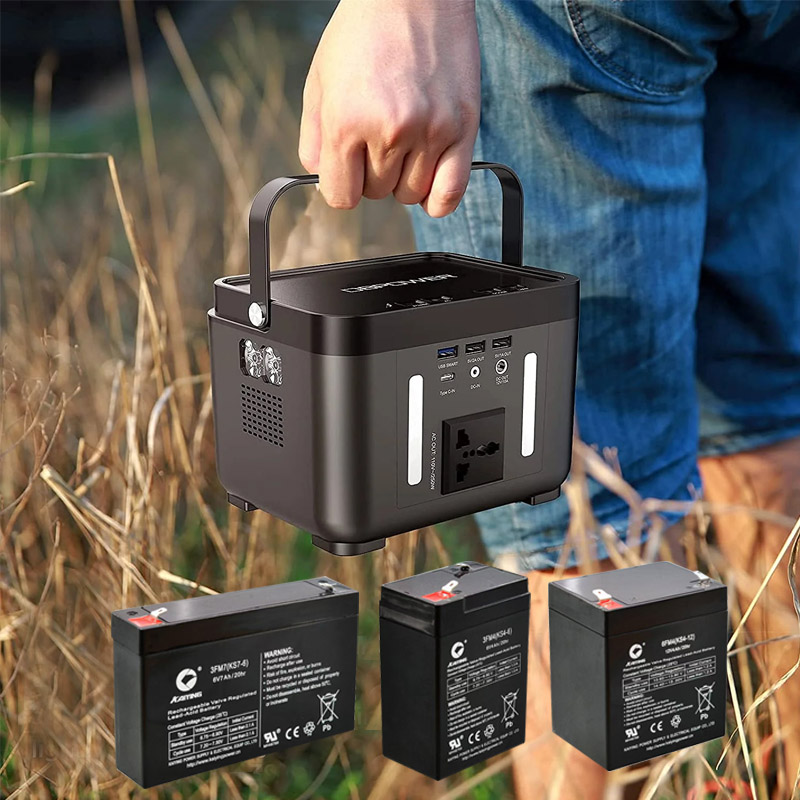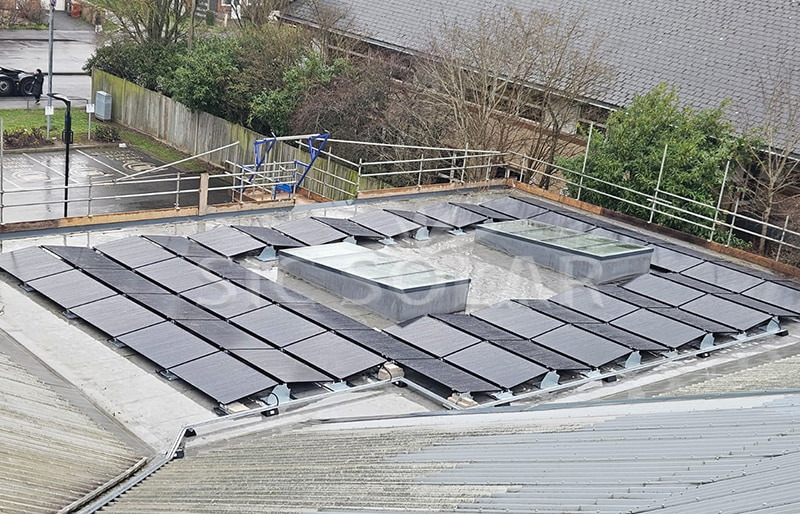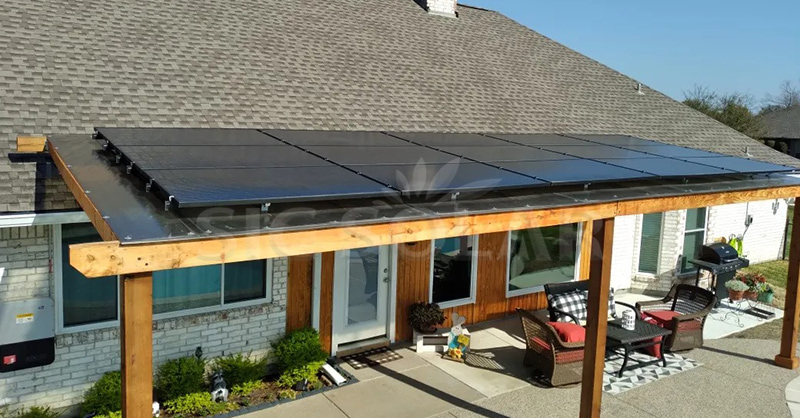The Future of Clean Energy Storage A Deep Dive into Lithium-ion Technology
When the first rays of sunlight hit the ground in the morning, solar panels on rooftops begin their quiet work; in the evening, when cities are illuminated by millions of lights, these stored energies are quietly supporting modern life. This is the energy revolution brought by lithium-ion batteries—they are changing how we obtain and use energy. In this transformation, the 48V Stackable Lithium-ion Energy Storage Battery is becoming a game-changer.
Energy storage: A critical piece in the carbon-neutral puzzle
Imagine a world entirely powered by renewable energy. Solar panels generate electricity during sunny days; wind turbines spin rapidly under strong winds. But what happens when clouds block the sun or when it's late at night? That's why leading energy experts globally are focusing on energy storage technology. According to the International Energy Agency, the global energy storage market is expected to grow by 15 times by 2025. In this race for energy storage, lithium-ion batteries stand out with their exceptional performance, making them the clear leader. As a leading manufacturer of Stackable Lithium-ion Energy Storage Batteries, Enecell is driving the advancement of this technology.
Why lithium-ion batteries?
Five years ago, when Tesla introduced its first home battery wall, many people were skeptical. Today, from smartphones to grid storage, lithium-ion batteries are everywhere. Its success lies in three key characteristics:
High energy density: Storing more energy in the same volume
Long cycle life: Thousands of charge-discharge cycles
Outstanding efficiency: Energy conversion loss below 5%
"Lithium-ion technology is one of the most exciting breakthroughs in the energy transition," commented Stanley Whittingham, Nobel laureate in Chemistry. The Best wall mounted lithium ion battery product embodies these advantages perfectly.
Technological breakthroughs in 2025: From lab to every home
Walk into any new energy vehicle showroom, and salespeople will proudly introduce the vehicle's range. Behind this lies the relentless progress of lithium-ion battery technology:
Material innovation: Silicon-based anodes, high-nickel cathodes, and other new materials constantly push energy density limits
Structural optimization: Blade batteries, 4680 batteries, and other new designs improve safety and space utilization
Intelligent management: AI algorithms optimize charging and discharging strategies in real-time, extending battery life
Most exciting is that these technological advancements are rapidly turning into practical applications. For example, initial commercialization of solid-state battery technology has been achieved by 2025, with electric vehicles' range exceeding 800 kilometers.
The rise of modular systems
In a ordinary family in California, the Smiths just installed a 48V Stackable Lithium-ion Energy Storage Battery system. "This is amazing," Mr. Smith said, "We not only save on electricity bills but during the recent blackout, while the rest of the neighborhood was in darkness, our home remained illuminated."
Such stackable battery systems represent the latest trend in energy storage:
Plug-and-play: Expanding capacity as easily as building with blocks
Smart connectivity: Seamless integration with household energy management systems
Multiple benefits: Save on electricity bills, emergency backup, and even participate in grid peak shaving
Industry data shows that by 2025, the home energy storage market has experienced explosive growth with an annual growth rate exceeding 60%.
Sustainability challenges in 2025
However, this energy revolution also faces significant challenges. At a recycling plant in Europe, the manager showed us piles of used batteries: "We must find more environmentally friendly processing methods."
Key challenges include:
Raw material supply (especially critical minerals like lithium and cobalt)
Recycling system construction
Carbon footprint from production processes
The good news is that the industry has taken action with ambitious sustainability goals including:
✓ Recycling materials proportion increased to 50%
✓ 100% renewable energy used in production processes
✓ Establishment of comprehensive battery recycling networks
Energy outlook for 2025 and beyond
Standing at this turning point of 2025, we are at the threshold of an energy revolution. Futurists predict:
Storage costs decrease by 40%
New battery technologies enter full commercialization
"Photovoltaic-storage-charging" integrated solutions become standard configurations
As a professional Energy Storage Batteries Manufacturers and Lithium battery Supplier in China, Enecell is committed to delivering reliable and efficient power solutions through innovative Energy Storage Batteries for both residential and commercial applications.

